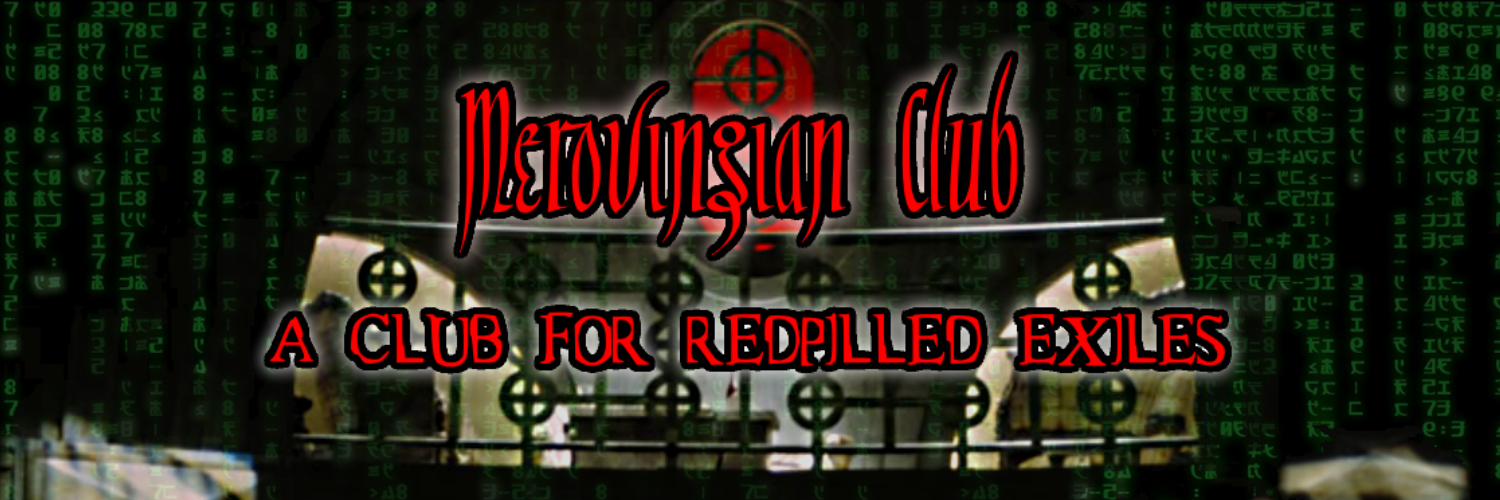@Tfmonkey I'd like to revise #2. This comes from "The Mind Illuminated" by John Yates.
The conscious in this sense is really the mediator between several background subminds: one each for sight, hearing, taste, feeling, and smell, one for the intellectual-emotive mind (it's so connected it's one thing), and one for the narrative mind, which provides "binding moments" that make associations between the stimuli of two or more of the other minds. Each of these subminds has its own subminds too.
@Tfmonkey Consciousness is the mediating point between the subminds. Each submind acts as a committee member within the space of consciousness, constantly voting on what objects in background awareness are interesting enough to be examined by focused attention.
It's that attention we tend to call "consciousness" and "self," but it's not. Awareness is as much a part of consciousness and "I" an not directing it...it's a series of unconscious subminds that directs it.
@philosophy That's a valid way of looking at it. I would just call the "mediator point between the subminds" the mind, which indeed mediates between the senses. I wouldn't call the senses "subminds" and call the mind "consciousness". However, it looks like we're both describing the same thing with different words, so it's whatever.
@Tfmonkey That's always the tricky, but important, part of any philosophical conversation: sussing out terminology differences.
The senses are inert and meaningless until they project their content into consciousness. Consciousness doesn't arise without an object and objects don't arise without consciousness. This is the non-dual aspect of consciousness: they arise together. Put it this way: find a pain in your body. Before you sought it out did it exist? Or did consciousness create it?
@philosophy Again, what you're calling consciousness, I simply call "mind". Mind makes sense out of the information coming in from the senses, but this happens . . . wait for it . . . Subconsciously, meaning at a different level than the consciousness.
Hence definition #2, wherein consciousness is the opposite of subconsciousness, which is intellect and deliberate thought.
I believe "mind" is the better word for the layer between senses and the self-aware ego "consciousness" (see definition 3)
@Tfmonkey I think there's another aspect to that second definition though. It's not just deliberate thought. You can direct attention toward an object that's not a thought (say, a sight), and it becomes a moment of sight-consciousness without necessarily becoming a thought object.
It's still mind in the sense that all objects appear in the mind and are cognized by the mind, but it's not what I'd call a thought. It's sight-consciousness.
@philosophy sight attention/focus can still be subconscious.
What is the opposite of subconsciousness?
If subconscious awareness if a kind of consciousness, then what is subconsciousness? What is its opposite?
Maybe there is a better word for this, but I don't think that word is consciousness. I actually hate using that word because it can mean so many different things and is caused more confusion than it solves, and thus fails the purpose of language itself.
